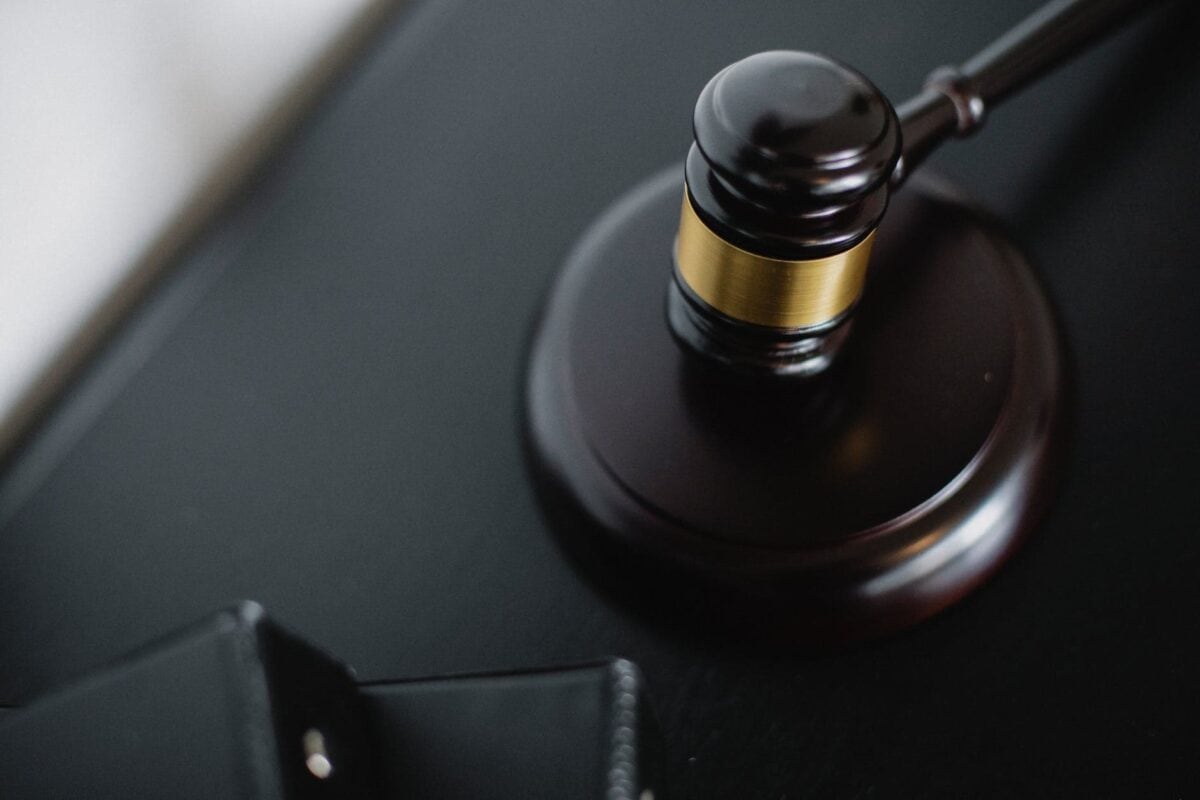Related Podcasts
Related Articles
Q1 Highlights: Top PLUS On-Demand Content
As we close out the first quarter of 2025, we’re looking back…
What’s Missing in Your Coverage? The Overlooked Role of Miscellaneous Professional Liability
Over the last several years, insurance agents and wholesalers have become hyper-focused…
Statute of Limitations Stands: Pennsylvania Court Affirms Dismissal of Breach of Contract Claim Against Insurance Broker
In a decision that is meaningful for both insurance brokers and the…


 Dana A. Gittleman is a shareholder in the Professional Liability Department in the Philadelphia office of Marshall Dennehey, P.C. She routinely defends claims and lawsuits brought against home inspectors, insurance agents and brokers, attorneys, real estate professionals, financial entities, large product manufacturers, lenders, directors and officers and other professionals. She may be reached at
Dana A. Gittleman is a shareholder in the Professional Liability Department in the Philadelphia office of Marshall Dennehey, P.C. She routinely defends claims and lawsuits brought against home inspectors, insurance agents and brokers, attorneys, real estate professionals, financial entities, large product manufacturers, lenders, directors and officers and other professionals. She may be reached at 


